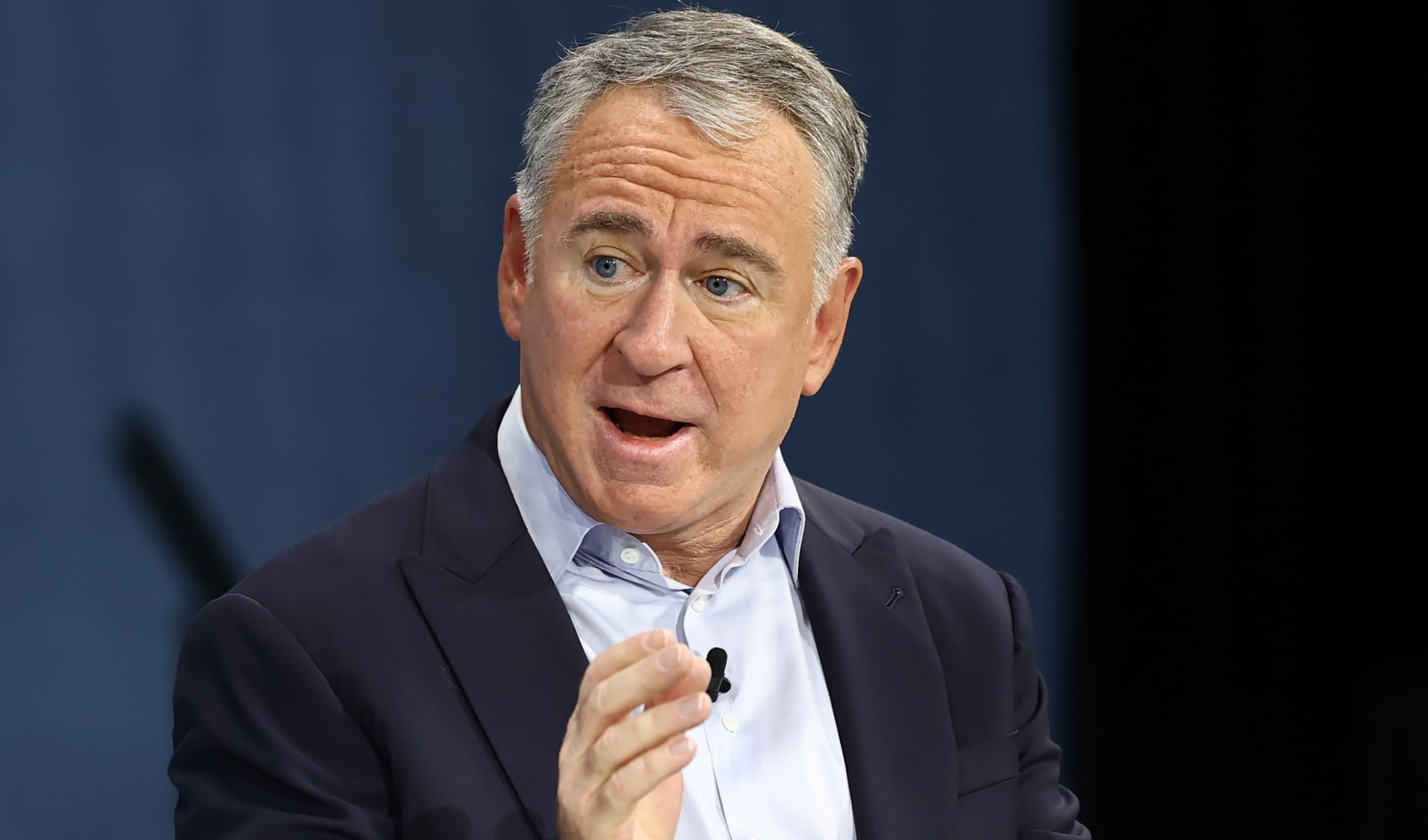
- The agreement on the so-called ReFuelEU Aviation proposal followed late night talks on Tuesday.
- It must now be approved by EU countries to become law, which is typically a formality.
- EU officials described the agreement as a "turning point" and "another important step" for European aviation, saying the measures were designed to reduce reliance on fossil fuel imports and improve energy security.
European Union negotiators secured a deal to decarbonize the air travel sector, seeking to slash heat-trapping emissions by stimulating the region's green aviation fuel market.
The agreement on the so-called ReFuelEU Aviation proposal followed late night talks on Tuesday and was reached by the European Parliament and the Council. It must now be approved by EU countries to become law, which is typically a formality.
The new rules are set to require aviation fuel suppliers to supply a minimum share of sustainable aviation fuels — or SAF — at EU airports, starting at 2% of overall fuel supplied by 2025. This will rise to 6% by the end of the decade, before climbing to 70% by 2050.
Get Tri-state area news delivered to your inbox.> Sign up for NBC New York's News Headlines newsletter.
The measures also require aircraft operators departing from EU airports to refuel only with the fuel necessary for the flight to avoid emissions related to extra weight or so-called "tankering" — when operators deliberately carry excess fuel to avoid refueling with SAF.
Airports, meanwhile, will need to make sure their infrastructure is fit for purpose when it comes to distributing the synthetic jet fuels.
EU officials described the agreement as a "turning point" and "another important step" for European aviation, saying the measures were designed to reduce reliance on fossil fuel imports and improve energy security.
Money Report
"Fuel suppliers at EU airports must provide an increasing share of sustainable aviation fuels and aircraft operators increase their use," Frans Timmermans, executive vice-president for the European Green Deal, said in a statement.
"The EU is ready for take-off towards a more sustainable future for aviation," he added.
If aviation is to align itself with the Paris climate accord and curb global heating, the industry will need to move away from fossil fuels completely in the long term. One of the ways that the sector is seeking to replace conventional fossil jet fuel is by exploring the use of SAF.
'More work to be done'
The green fuels law for aviation comes shortly after the world's leading climate scientists published a "survival guide for humanity," calling for a deep, rapid and sustained reduction in greenhouse gas emissions to limit warming to 1.5 degrees Celsius.
This temperature threshold refers to the aspirational goal of the landmark Paris Agreement. It is widely regarded as a crucial global target because so-called tipping points become more likely beyond this level of global heating. Tipping points are thresholds at which small changes can lead to dramatic shifts in Earth's entire life support system.
The International Energy Agency estimated that aviation accounted for over 2% of global energy-related CO2 emissions in 2021, noting the air travel sector has grown faster in recent decades than road, rail or shipping.
Transport & Environment, a European umbrella group for NGOs, broadly welcomed the EU's new green fuels law for aviation.
"This pioneering deal is an unwavering endorsement of the world's largest green fuel mandate for aviation," said Matteo Mirolo, aviation policy officer at T&E. "The EU doubled down on synthetic fuels, which are key to decarbonising the sector, and limited the use of unsustainable biofuels in planes."

T&E said the targets proposed by the EU include requirements for synthetic fuels, such as e-kerosene, which they say are the only type of SAFs that can sustainably be scaled up to meet the fuel demands of the sector.
Negotiators also excluded some of the most controversial biofuel feedstocks, such as food crops and palm oil by-products, but T&E noted some other problematic feedstocks were included and these were neither sustainable nor scalable.
"The ramp-up of SAFs can now start, but there is more work to be done," Mirolo said. "Ensuring the success of SAFs will require industrial support policies for synthetic kerosene but also stronger safeguards to ensure that no unsustainable biofuels creep into airplane tanks."






